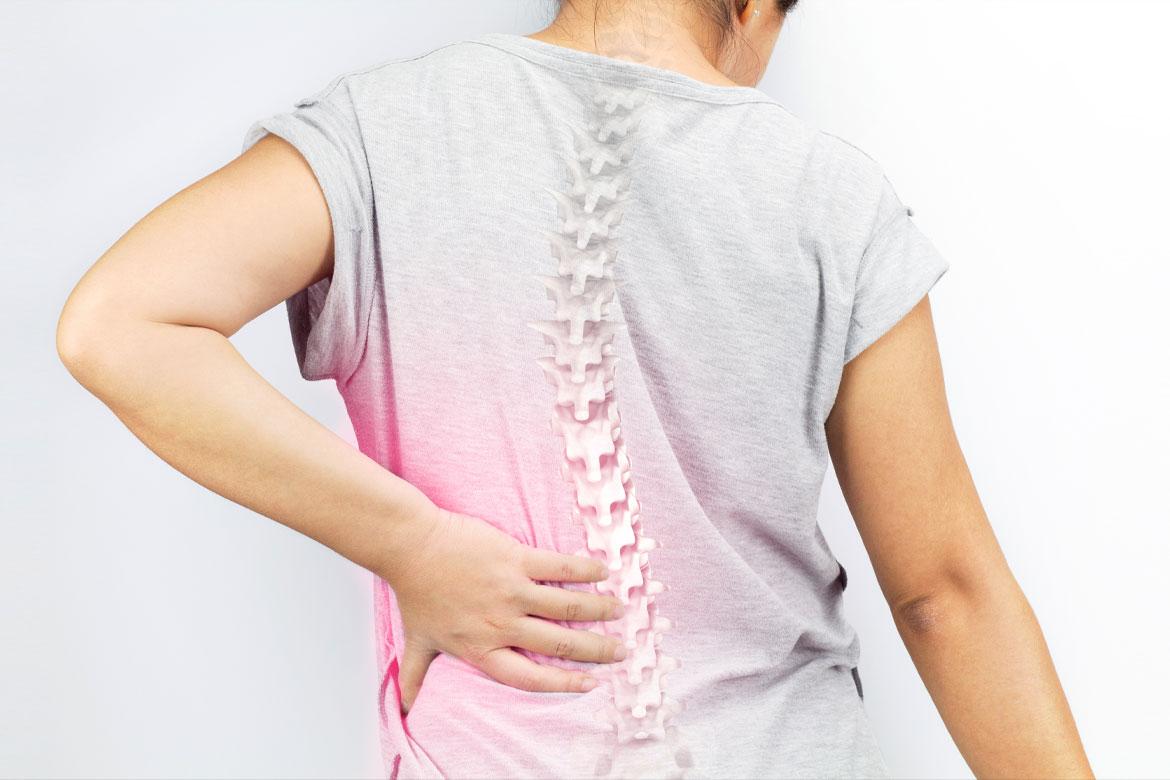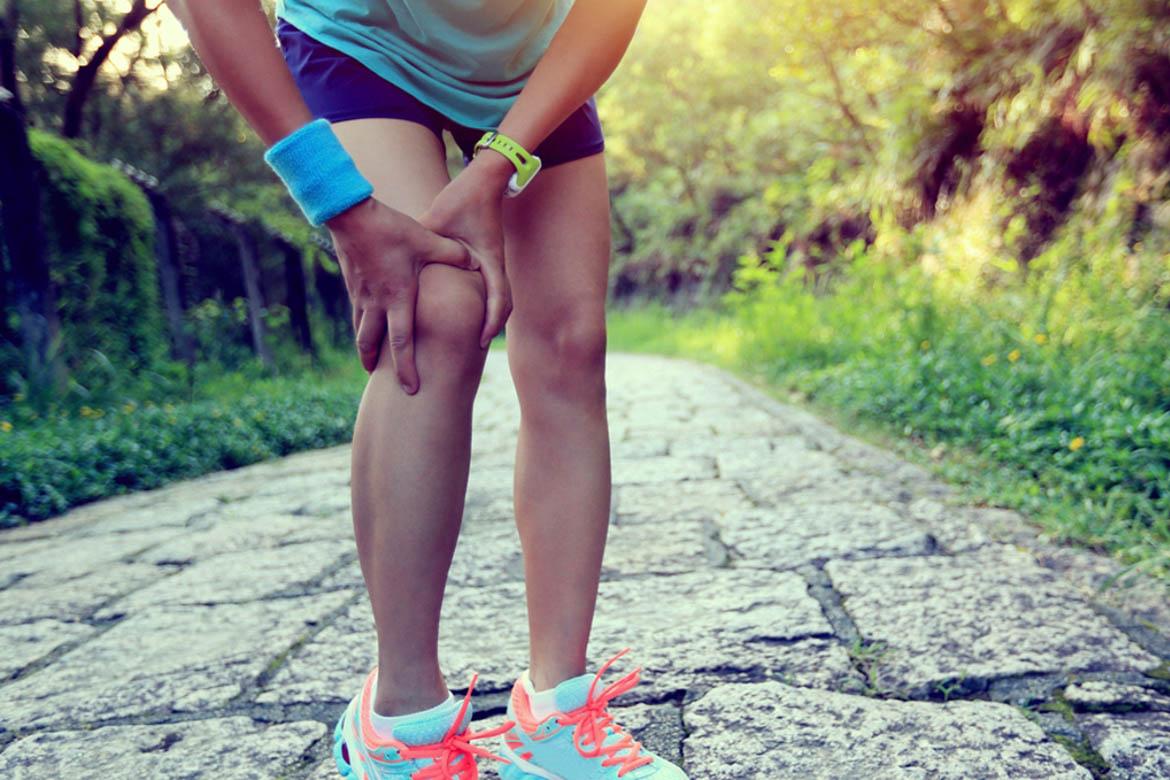-
-
Featured Care Areas

Arthritis
How is arthritis diagnosed?
Your doctor may perform or recommend the following tests to check for arthritis:
Physical examination
The doctor will ask about your symptoms and check your joints for any swelling, redness or pain.
Diagnostic tests
To further evaluate your condition, the doctor may recommend the following diagnostic tests and procedures:
- Laboratory test results can help to determine the form of your arthritis and rule out other health conditions that may be causing your symptoms. Examples of laboratory tests include blood tests, urinalysis and joint fluid analysis.
- X-ray images can detect changes and damage in the bone, cartilage and joints to monitor the disease's progression.
- Ultrasound tests use high-frequency sound waves to produce an image of the cartilage, soft tissues and other structures near your joints.
- Computerised tomography (CT) scans use special X-ray equipment and computer software to examine joints that are hard to evaluate using conventional X-rays, such as the pelvis or the spine.
- Magnetic resonance imaging (MRI) scans provide 3D images of tissues, bones and joints to show infections, tears and swelling. MRI scans can also detect early signs of arthritis that cannot be seen on X-ray.
How is arthritis treated?
Depending on the type of arthritis you have, your doctor may recommend a combination of the following treatments:
- Exercise to maintain the strength of your muscles and ligaments so as to stabilise your joints.
- Medicines such as disease-modifying anti-rheumatic drugs for rheumatoid arthritis.
- Non-steroidal anti-inflammatory (NSAID) drugs to reduce pain, swelling and stiffness.
- Steroids injected directly into a joint to ease pain and swelling.
- Physiotherapy to stabilise the joint.
- Surgery to correct a joint deformity or to replace a badly damaged joint.
Make an appointment with our orthopaedic specialists for an accurate diagnosis and early treatment.
This page has been reviewed by our medical content reviewers.
Need help?
For enquiries, please call
+65 6575 7575
For appointment bookings, please WhatsApp
+65 8111 9777








